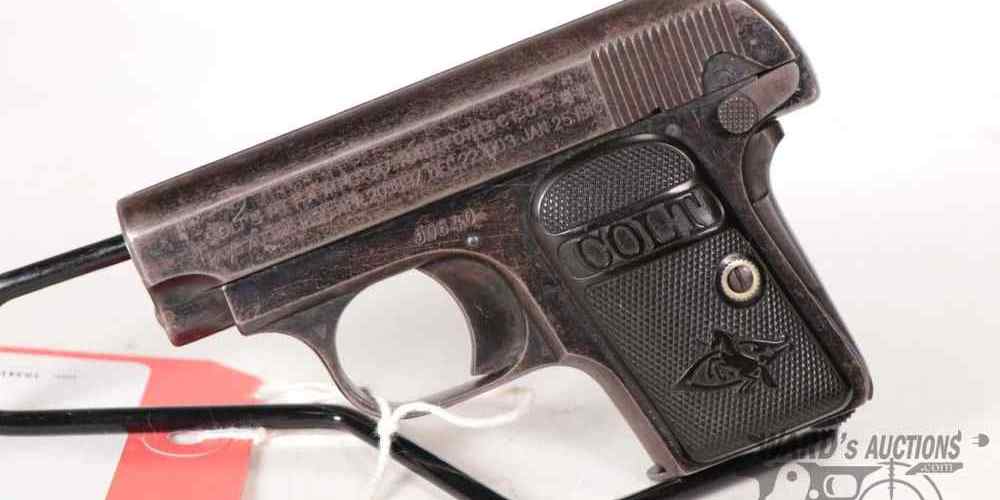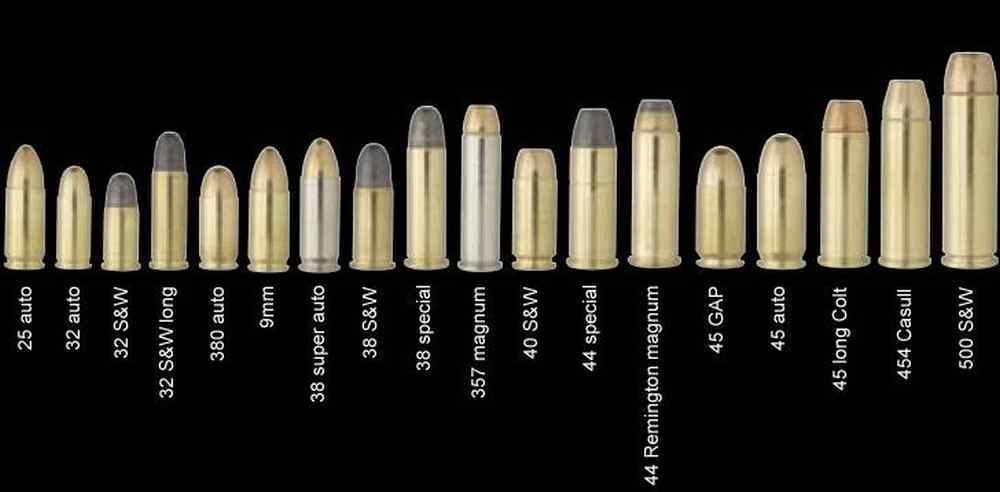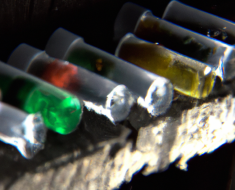Why Some Rounds Are More Accurate in Certain Pistols
When it comes to firearms, accuracy is a crucial factor that can make all the difference in various shooting scenarios. One key aspect that affects the accuracy of a pistol is the type of round it is chambered for. Some rounds perform better in certain pistols than others, leading to more precise shots and better overall performance. In this article, we will explore the reasons behind why some rounds are more accurate in certain pistols and how this knowledge can help shooters improve their marksmanship.
Understanding the Relationship Between Round Design and Pistol Performance
The design of a round plays a significant role in its accuracy when fired from a pistol. Different rounds have varying ballistic properties, such as velocity, trajectory, and energy transfer upon impact. These properties can interact differently with the internal mechanics of a pistol, affecting its overall performance and accuracy.
For example, a round with a higher muzzle velocity may perform better in a pistol with a longer barrel, as the longer barrel allows for more complete combustion of the gunpowder and better acceleration of the bullet. On the other hand, a round with a heavier bullet may be more stable and accurate when fired from a pistol with a tighter rifling twist rate.
The Role of Barrel Length and Twist Rate
The length of the barrel and the twist rate of the rifling are critical factors that influence the accuracy of a pistol round. A longer barrel provides more time for the expanding gases to accelerate the bullet, resulting in higher muzzle velocity and better accuracy. Additionally, the twist rate of the rifling affects how stable the bullet is in flight, with faster twist rates generally being better suited for heavier bullets.
- Barrel Length: Longer barrels generally provide higher muzzle velocity and better accuracy.
- Twist Rate: Faster twist rates are better suited for stabilizing heavier bullets.
Examples of Round-Pistol Compatibility
Some rounds are specifically designed to work best with certain types of pistols, taking into account factors such as barrel length and rifling twist rate. For instance, the 9mm Luger round is known for its versatility and is commonly used in pistols with varying barrel lengths. However, certain 9mm pistols may perform better with specific types of ammunition that are optimized for their particular design.
Another example is the .45 ACP round, which is often used in pistols with shorter barrels due to its slower muzzle velocity compared to other rounds. The .45 ACP’s larger bullet diameter and weight can make it more effective at shorter ranges, making it suitable for self-defense or close-quarters combat situations.
Case Study: Glock 17 vs. Sig Sauer P226
To further illustrate how round-pistol compatibility can impact accuracy, let’s compare two popular handguns: the Glock 17 and the Sig Sauer P226. Both pistols are chambered in 9mm Luger but have different internal designs that can affect their performance with certain types of ammunition.
- Glock 17: Known for its reliability and simplicity, the Glock 17 performs well with a wide range of 9mm ammunition types. Its polygonal rifling helps stabilize bullets effectively, making it accurate even with standard target loads.
- Sig Sauer P226: The P226 has traditional lands-and-grooves rifling that may perform better with heavier 9mm bullets designed for precision shooting. This makes it ideal for competitive shooters who prioritize accuracy over speed.
Key Takeaways
Understanding why some rounds are more accurate in certain pistols can help shooters make informed decisions when selecting ammunition for their firearms. By considering factors such as barrel length, twist rate, and internal design compatibility, shooters can optimize their pistol’s performance and improve their marksmanship skills. Experimenting with different rounds and pistols can also provide valuable insights into how these factors interact to achieve optimal accuracy in shooting scenarios.
In conclusion, the relationship between round design and pistol performance is complex but crucial for achieving accurate shots consistently. By exploring this relationship and considering how different rounds interact with specific pistols, shooters can enhance their shooting skills and maximize their performance on the range or in real-world situations.






